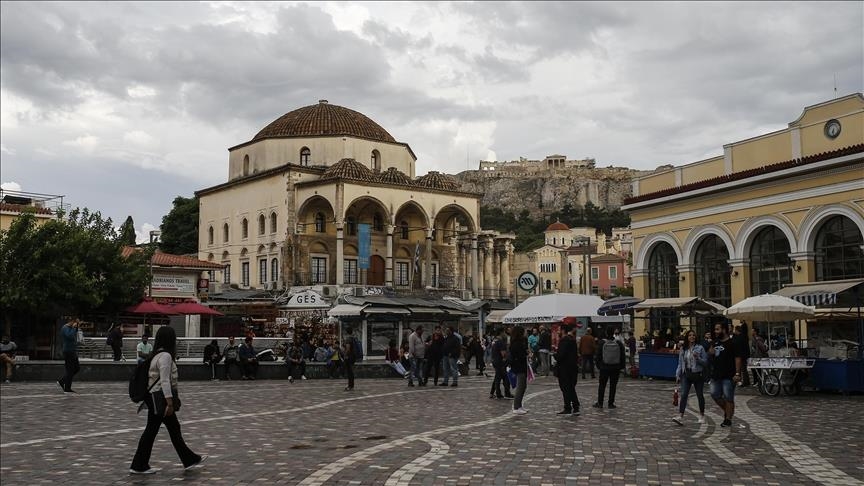ATHENS
Greece has faced stiff criticism over new legislation on the religious leaders of its Muslim Turkish population that came into force on Tuesday.
The minority has said they were not consulted during the planning phase of the legislation, which allows the appointment of religious leaders, also known as muftis, by Greek authorities — something the minority in the Western Thrace region calls “unacceptable,” as it ignores the Turkish minority’s right under the treaty to elect their own mufti.
Members of the minority have said the legislation fails to meet their demands, particularly on their autonomous election of their own religious leaders, as provisioned by international law and treaties.
Greece’s Western Thrace region — in the country’s northeast, near the Turkish border — is home to a substantial, long-established Muslim Turkish minority numbering around 150,000, especially in population centers such as Xanthi (Iskece).
In violation of a series of international and bilateral agreements, including the 1923 Treaty of Lausanne that established the minority’s religious autonomy, Greece has been accused of aiming to turn locally elected muftis into Greek state officials via the new measures.
According to the legislation, the muftis would be turned into bureaucrats of the Greek Ministry of Education and Religious Affairs, appointed by a ministerial committee instead of the related bodies of the minority.
The Western Thrace Turkish Minority Consultation Council, one of the minority’s oldest and most prominent associations, stressed that the new legislation ignored the Treaty of Lausanne and has rejected what it called anti-democratic legislation that is far from being constructive.
In Xanthi, the office of the elected local mufti said the legislation was part of Greece’s efforts to undermine the Turkish minority’s rights and freedoms.
For its part, the Turkish Foreign Ministry has criticized Greece for denying recognition to the minority’s elected muftis, and called this “unacceptable.”
“Greece once again violated the rights and freedoms of the Turkish Minority in Western Thrace, guaranteed by international agreements, particularly the Lausanne Peace Treaty, through an act that it has enacted recently regarding the Muftis in Western Thrace,” it said in a statement on Thursday.
Decades-long struggle for rights
The rights of the Turks of Western Thrace were guaranteed under the Treaty of Lausanne, but since then the situation has steadily deteriorated.
After a Greek junta came to power in 1967, the Turks of Western Thrace started to face harsher persecution and rights abuses by the Greek state, often in blatant violation of European court rulings.
The Turkish minority in Greece continues to face problems exercising its collective and civil rights and education rights, including Greek authorities banning the word “Turkish” in the names of associations, shuttering Turkish schools, and trying to block the Turkish community from electing its own muftis.

